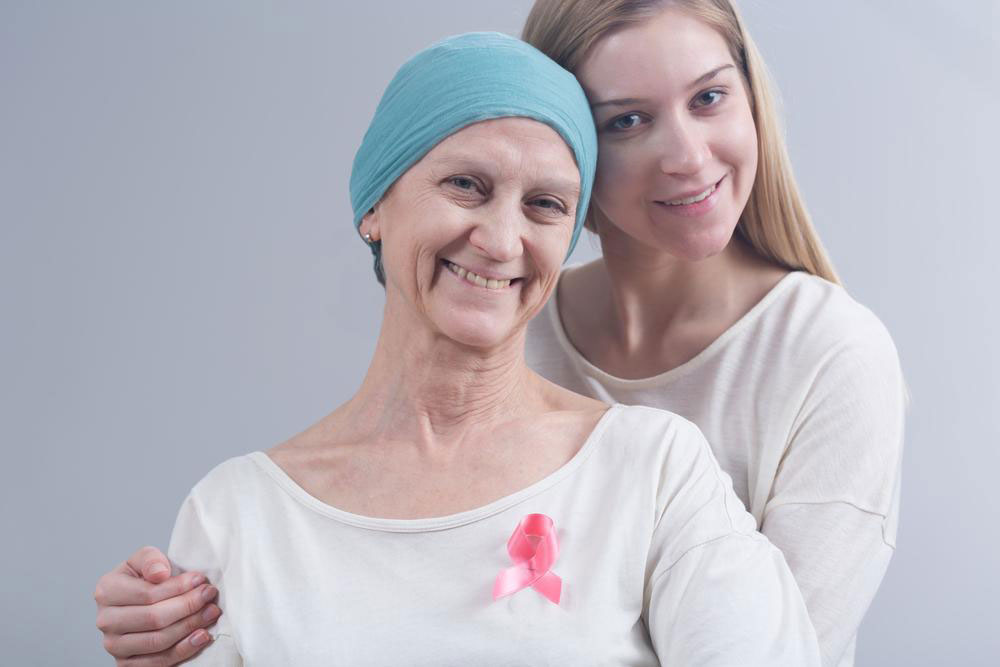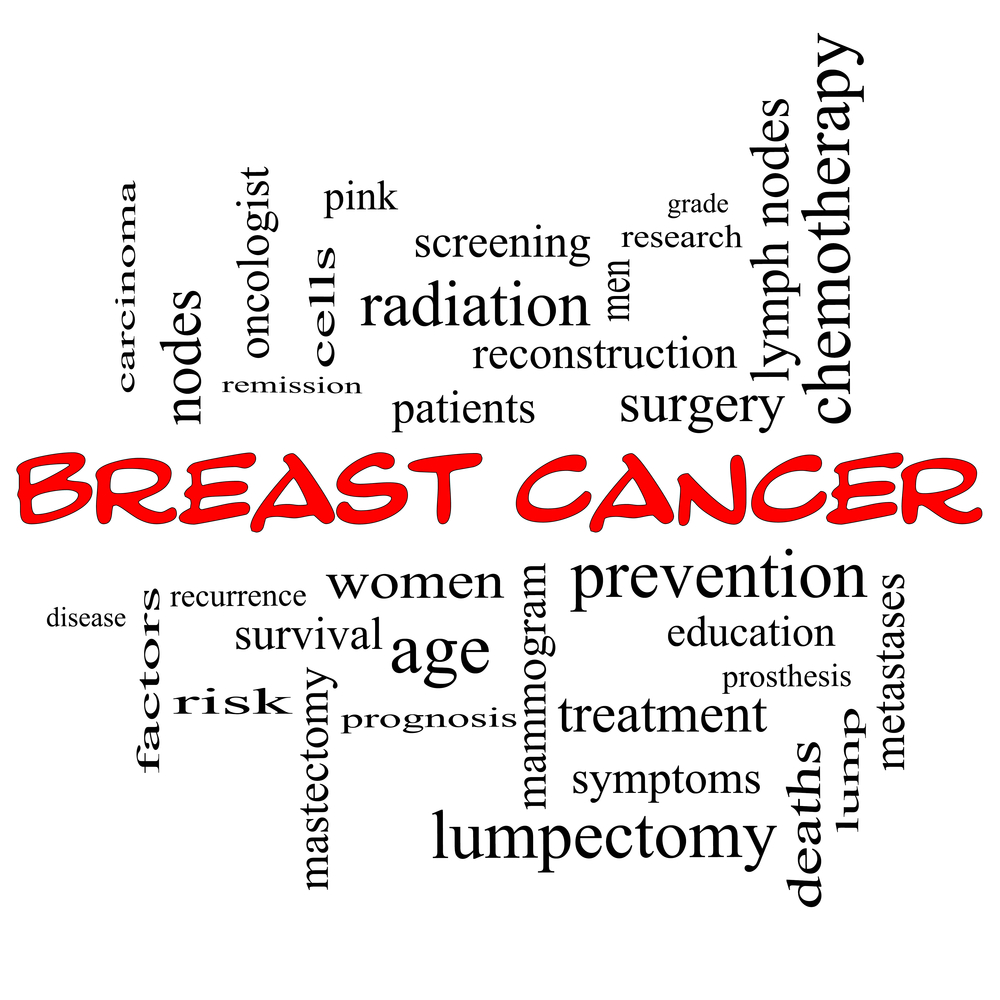Comprehensive Overview of Cancer Immunotherapy vs. Chemotherapy: Innovations in Oncology Treatment
This comprehensive article explores the key differences and recent advancements in cancer treatments, highlighting how immunotherapy compares to traditional chemotherapy. It discusses clinical outcomes, side effects, and future prospects, emphasizing the transformative potential of immune-based therapies in oncology. Ideal for patients, caregivers, and medical professionals, this overview provides valuable insights into evolving cancer treatments that are improving survival and quality of life.

An In-Depth Comparison Between Cancer Immunotherapy and Chemotherapy
The landscape of cancer treatment has undergone a remarkable transformation over recent years, unveiling new therapeutic options that significantly enhance patient outcomes. Among these, immunotherapy has emerged as a groundbreaking approach, offering renewed hope for many battling various types of cancer. This innovative treatment modality leverages the body's own immune system to identify and destroy cancer cells, often with fewer side effects compared to traditional methods like chemotherapy. As research advances, understanding the distinct mechanisms, benefits, and limitations of immunotherapy in comparison to chemotherapy becomes vital for healthcare providers, patients, and caregivers alike.
Recent clinical studies have shed light on the impressive progress made in this field. For instance, in cases of squamous non-small cell lung cancer (NSCLC), a common and often aggressive form of lung cancer, immunotherapy drugs like nivolumab have demonstrated remarkable efficacy. Patients treated with nivolumab experienced an average extension in survival time by approximately 3.2 months compared to those undergoing standard chemotherapy. Such findings not only highlight the potential of immunotherapy to improve life expectancy but also reflect its growing role in the oncology treatment paradigm.
This particular subtype of lung cancer accounts for roughly 25% to 30% of all non-small cell lung cancers, making it a significant focus of ongoing research and therapeutic development. The results of these studies were published in renowned journals such as the New England Journal of Medicine and showcased at major conferences like the American Society of Clinical Oncology (ASCO) 2015, marking a milestone in cancer research.
One of the key metrics used to evaluate the effectiveness of cancer treatments is the one-year survival rate. Data indicates that after one year, approximately 42% of patients receiving nivolumab survived, nearly doubling the 24% survival rate observed in counterparts treated with chemotherapy. This demonstrates how immunotherapy not only prolongs life but also improves quality outcomes for patients.
While chemotherapy has been the standard treatment for decades, it is characterized by its rapid action in reducing tumor size. However, it often comes with a spectrum of challenging side effects, including hair loss, nausea, fatigue, and increased susceptibility to infections. These adverse effects can significantly impact a patient's quality of life, leading to the need for supportive care and sometimes limiting the duration of treatment.
In contrast, immunotherapy tends to have a milder side effect profile. Patients often experience immune-related adverse events such as skin rashes, diarrhea, or fatigue, which are generally manageable through medical intervention. Notably, immunotherapy can sometimes produce an initial appearance of tumor growth, a phenomenon known as pseudoprogression, before subsequent tumor shrinkage is observed. This delay in response requires clinicians to carefully interpret early treatment results and adjust strategies accordingly.
The application of immunotherapy is increasingly expanding into treatment regimens for advanced-stage cancers, offering new options beyond conventional methods. As our understanding of cancer biology deepens, it becomes clear that the interaction between cancer cells and the immune system is complex yet crucial for developing effective therapies. The ability of immunotherapy to harness immune checkpoint inhibitors, adoptive cell transfers, and cancer vaccines exemplifies this innovative approach.
It is important to recognize that both immunotherapy and chemotherapy have associated side effects, but the toxicity profile of immunotherapy can be less severe if properly managed. Tailoring treatment plans based on individual patient health status, cancer stage, and genetic factors is vital for optimizing outcomes. For some patients, combining immunotherapy with chemotherapy or targeted therapies may offer the best chance for remission or prolonged survival.
The future of cancer treatment is promising, with continuous research leading towards the potential cure for various types of cancers. Immunotherapy stands at the forefront of this revolution, promising not just longer life but improved quality of life for many patients worldwide. As more personalized approaches are developed and novel agents enter clinical trials, the landscape of oncology will continue to evolve significantly, transforming cancer from a deadly disease into a manageable chronic condition or, ultimately, a curable one.
The distinction between immunotherapy and chemotherapy lies in their mechanisms and side-effect profiles, with immunotherapy offering a less toxic yet effective treatment route.
Advancements in understanding the immune system's role in cancer have led to innovative therapies that significantly improve survival rates.
While chemotherapy provides rapid tumor shrinkage, immunotherapy offers longer-term benefits with milder adverse effects for many patients.
Personalized treatment strategies including combination therapies are shaping the future of cancer care, emphasizing the importance of tailored medical approaches.
Ongoing research and clinical trials continue to unlock the potential of immunotherapy, paving the way towards more effective and less invasive cancer treatments worldwide.





